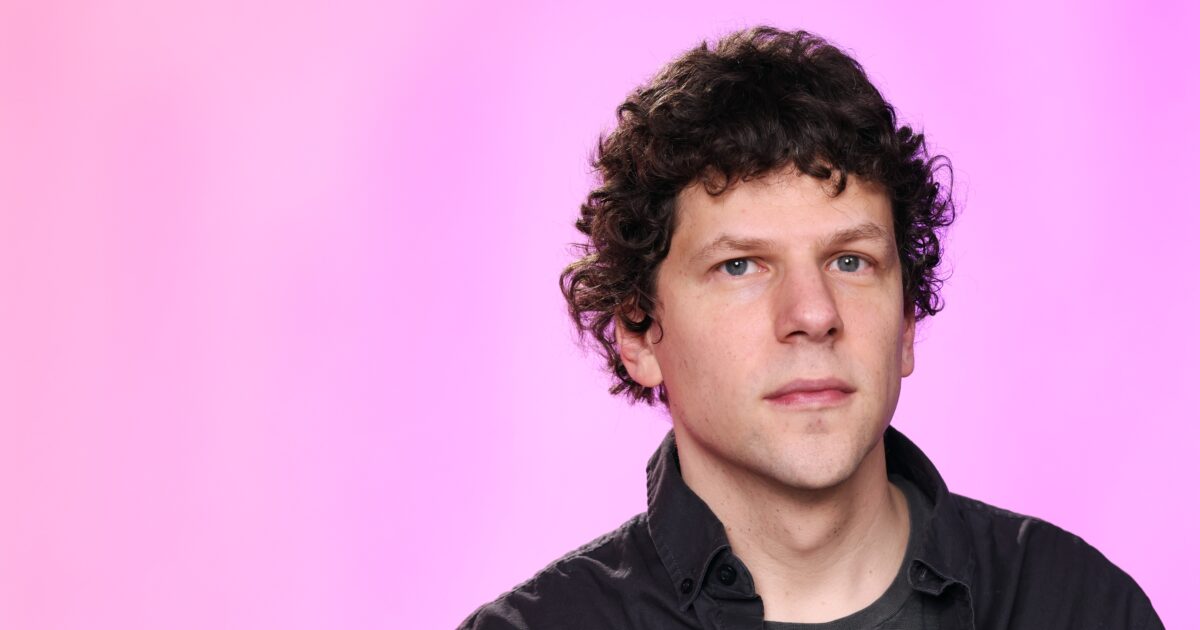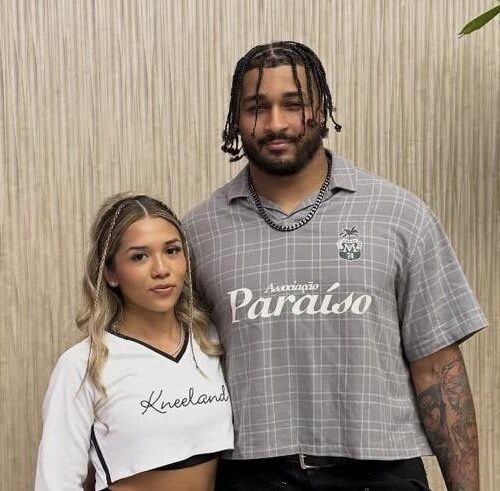Jesse Eisenberg is taking his real-life generosity far beyond Hollywood. The Oscar-nominated star revealed he will donate a kidney to a stranger in an altruistic, non-directed living donation scheduled for mid-December, sharing the news during an October 30 appearance on NBC’s Today.
The 42-year-old actor, best known for The Social Network and the Now You See Me franchise, framed the decision as a natural extension of his long-standing commitment to giving blood. “I just have so much blood in me, and I feel like I should spill it,” Eisenberg joked, before underscoring how meaningful donation has been for him. “I really like doing it, and I don’t know why.”
Eisenberg Confirms Kidney Donation On Today
“I’m actually donating my kidney in six weeks. I really am,” Eisenberg said on the morning show, prompting host Craig Melvin to respond, “That’s amazing.” Eisenberg explained that his procedure is what medical professionals call a non-directed or altruistic donation — meaning the recipient is a stranger chosen by compatibility rather than personal connection.
He emphasized that, from his perspective, the decision is both practical and urgently needed. “It’s essentially risk-free and so needed,” he told Today. Eisenberg added that he hopes more people will look into the process: “I think people will realize that it’s a no-brainer, if you have the time and the inclination.”
What An Altruistic Donation Means
Altruistic kidney donations can launch life-saving transplant chains. Eisenberg broke down the mechanism in simple terms, describing how a single non-directed donor can help multiple families find matches. “Let’s say person X needs a kidney in Kansas City, [and] their child or whoever was going to donate to them is, for whatever set of reasons, not a match, but somehow I am,” he said. In that scenario, the stranger in need receives the kidney, and the would-be family donor can then pay it forward to someone else through a donor bank — a chain that, as Eisenberg noted, “only works if there is basically an altruistic donor.”
Because these transplants are matched on medical compatibility rather than personal ties, they can cut through some of the longest waits on the transplant list, creating a ripple effect that helps more than one patient. Eisenberg’s decision, then, isn’t just a single act — it’s the spark for a sequence of matches that otherwise might not happen.
Family Voucher Program Gives Peace Of Mind
Eisenberg also highlighted the steps he’s taken to ensure his family is protected. The actor — dad to 8-year-old Banner — enrolled loved ones in the National Kidney Foundation’s family voucher program, which lets donors designate family members who would receive priority for a living donor match in the future should they ever need one.
“The way it works now is you can put a list of whoever you would like to be the first to be at the top of the list,” he explained. “So it’s risk-free for my family, as well.” In other words, while he’s giving an organ to a stranger, the voucher program provides a safety net that offers his family reassurance — a key factor for many would-be donors who want to balance generosity with long-term security for loved ones.
From Idea To Surgery: Eisenberg’s Timeline
Eisenberg said he first considered organ donation roughly a decade ago, but the effort stalled until a recent conversation with a doctor friend reignited the plan. She directed him to NYU Langone Health in New York City, where he immediately began the evaluation process. “I was in the hospital the next day and went through a battery of tests, and I’m now scheduled in mid-December,” he shared.
Living donation requires extensive screening to confirm a donor’s health and compatibility. Eisenberg’s account lines up with typical protocols, which include medical and psychological evaluations, imaging, and labs to ensure a donor can safely part with one kidney and continue to live a healthy life.
Why Eisenberg’s Donation Matters
Kidney transplants remain one of the most in-demand procedures in the United States. According to recent figures, around 5,000 living kidney donations occur annually nationwide, yet approximately 90,000 people were waiting for a kidney transplant as of September 2024. That gap is why non-directed donors can be so impactful — they not only save a life but frequently set off chains that save several more.
Recovery from living donation varies, but many donors are able to resume normal activities within two to four weeks, per the Mayo Clinic. While every surgery carries risks and timelines differ by patient, that recovery window illustrates why living donation has become a crucial part of meeting transplant needs.
Eisenberg’s visibility could also boost awareness. While not everyone can donate, his public explanation — from how chains work to why the family voucher program exists — demystifies a process that often feels overwhelming. As he put it, when you have “the time and the inclination,” learning about the option can be the first step.
The reveal arrives at a busy time in Eisenberg’s career, following acclaimed turns across film and television. The actor has long balanced studio hits like Now You See Me with character-driven projects and stage work; his latest humanitarian choice underscores a personal ethos that extends beyond the screen.
Whether fans know him for his rapid-fire delivery in The Social Network or his ensemble chemistry in heist thrillers, Eisenberg’s off-screen decision is earning attention for a different reason: it’s a real-world act with tangible, life-saving stakes. For the recipient who matches with him — and potentially for others helped through a transplant chain — the impact will be immediate and profound.
As his mid-December date approaches, Eisenberg’s message is clear: learn about the process, consider the options, and, if possible, help close the gap for those waiting. His candid, matter-of-fact approach on Today framed the donation not as a grand gesture, but as a practical, compassionate choice — one that could inspire more lifesaving matches.















































































































